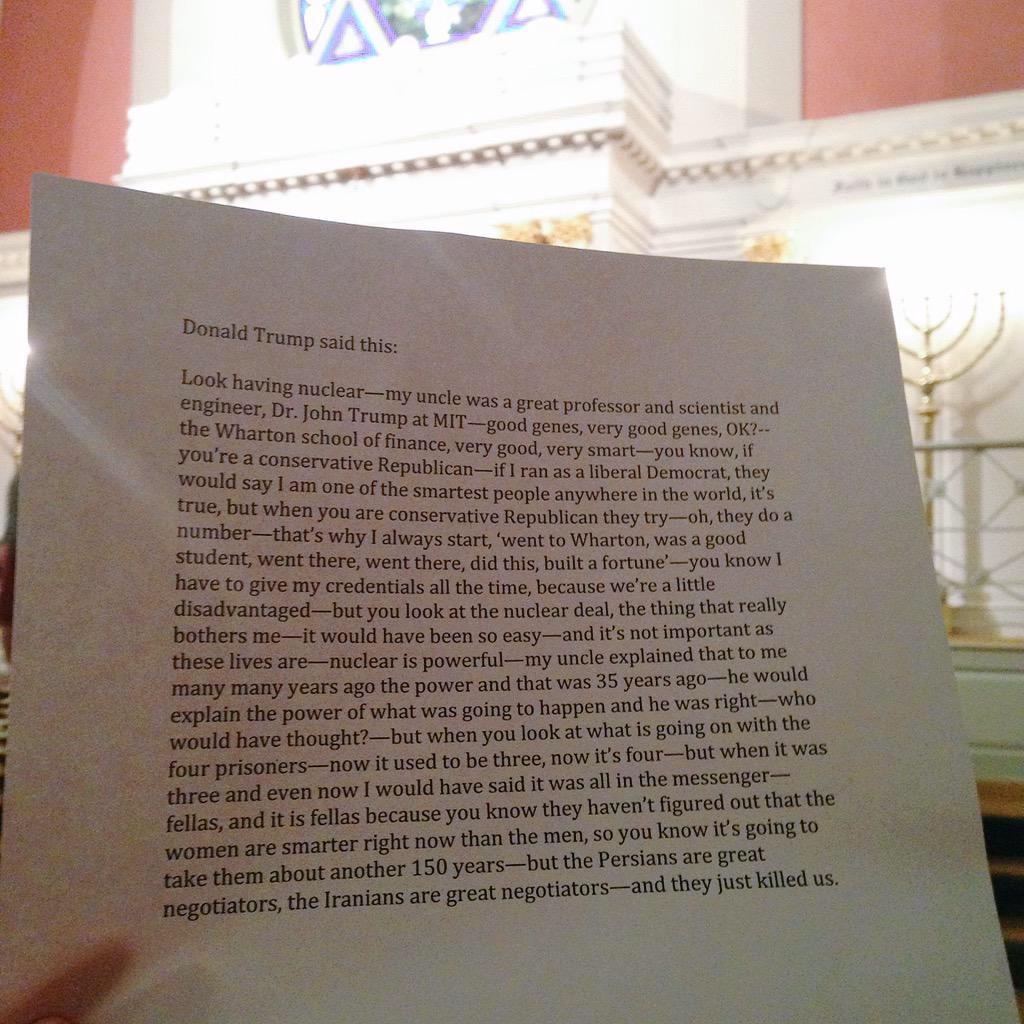brainchild
Banned
The only clarification I feel I have to make is that by metaphysical evidence I still don't mean religious things, I mean things that are distinguished from physical or observational evidence. Something making sense according to a theoretical mathematical/physics model (quantum gravity/string theory) is different from observations of particular 'things'.(Casimir Effect).
More of an aside, but I also think you could describe quite a bit of human knowledge as intellectual reasoning (theoretical math/physics included) so I'm not sure that's as bad as you make it out to be.
No, I know what you meant, but observations of the geometry, energy, and very existence of the universe (which are not just observations only based in math or theoretical physics) are not 'metaphysical' evidences. They are empirical evidences, and we have instruments that have been recording these observations for decades.
Yes, math and quantum theory aids us in being able to INTERPRET the evidence, but the actual observation of the evidence is done through empiricism.






/cdn0.vox-cdn.com/uploads/chorus_asset/file/4089212/Party_Decides_table_2.0.png)